By Melissa Wood, HHC.

Vegans are always asked: “How do you get protein?”
For vegans and vegetarians, getting enough protein is easier than you think. Follow this easy guide to make certain that you are consuming the daily amount of protein you need.
Protein is not only in meat and animal products but surprising to some, it’s also in most plant based foods as well.
Protein is a macronutrient composed of building blocks called amino acids. Together amino acids form protein chains that are the building blocks for our cells, immune system, all tissues including skin and hair and even certain hormones.
Certain amino acids must be consumed from diet; these are the essential amino acids. The rest of the amino acids can be manufactured in our body; they’re called, non-essential amino acids.
Animal sources of protein are generally considered complete, since they have all of the essential amino acids required by the body. Vegetable sources of protein are generally incomplete of all the essential amino acids. For this reason, vegans need to be aware of combining different plant based foods to ensure they consume all of their essential amino acids.
How much protein do we need in our diets?
The recommended daily allowance (RDA) recommends that we all consume about 1gram of protein per kilogram (kg) of our body weight. We recommend that an active person should consume about 1gram of protein per pound (lb) of body weight. We define an active person as someone who exercises 5 days per week for at least an hour.
The suggested amount of protein for non-active and active vegans is the same for meat eaters. However, vegans need to eat a larger variety of vegetables, grains, beans, nuts and seeds to ensure they get all of their essential amino acids. Vegan athletes frequently turn to vegan protein supplements in order to meet their RDA goals. For suggestions, see Protein Powder Options below.
Here are some great sources of plant-based protein:
Greens and other vegetables:
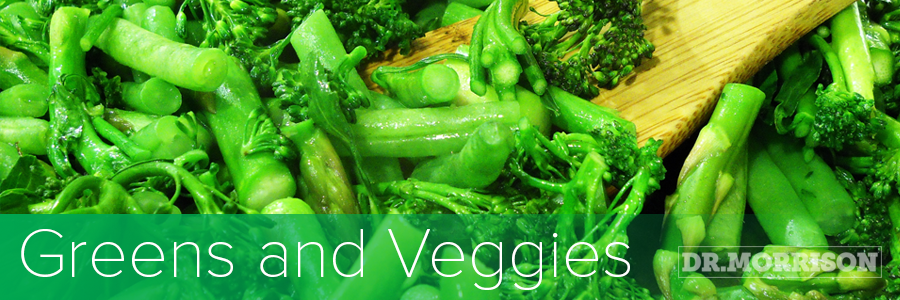
Broccoli has 11.2 grams of protein; romaine lettuce has 11.6 grams of protein per one hundred calories. Asparagus has 3.08 grams of protein in about 8 spears. Vegetables are great when eaten raw, alone or in salads. Cooked vegetables should be heated on low temperatures to store the nutritional value. To get more examples of what greens provide adequate amounts of protein please check out The Vegetarian Resource Group.
Nuts and seeds:
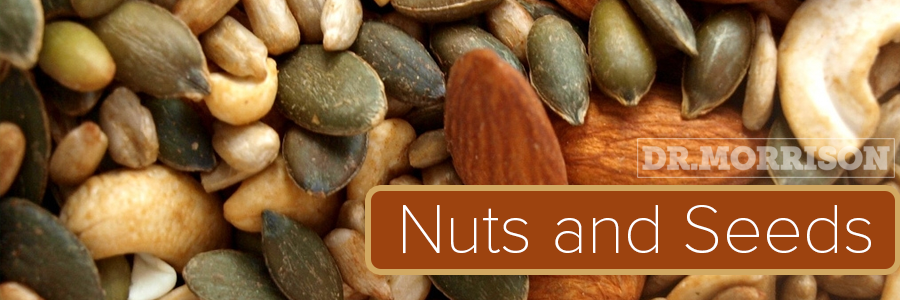
Best eaten when raw, nuts and seeds are a great source of protein. Pumpkin seeds contain 9.35 grams of protein. Chia seeds contain 4.4 grams of protein per ounce. One ounce of almonds (about 24 nuts) contains 6.03 grams of protein. Nuts and seeds add a delicious crunch to salads or steamed veggie dishes. Nut butters are also a great way to add in protein and flavor to raw veggies, gluten free Quinoa or brown rice crackers.
Beans and legumes:
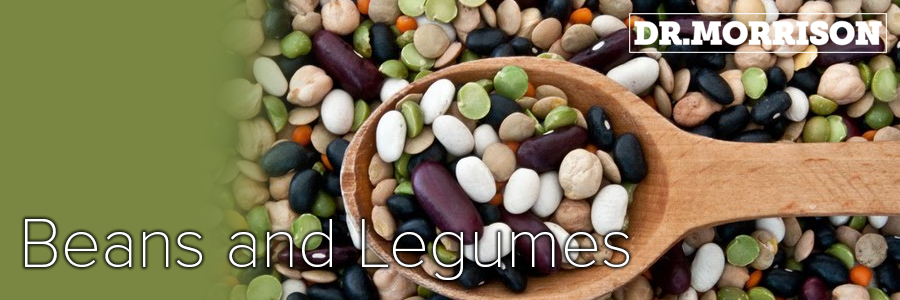
Lentils contain a whopping 17.9 grams a cup. Black beans contain 12-15 grams of protein a cup. Beans are a nutritious addition to salads or cooked dishes. Check out About.com to learn how to cook dried beans perfectly!
Chlorella and Spirulina:
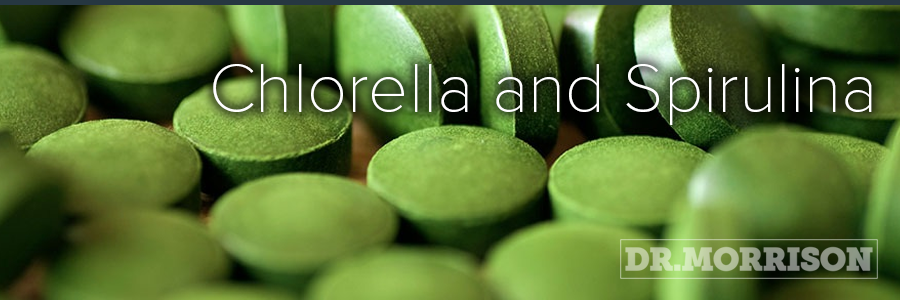
Chlorella is a form of algae that is about 65% protein. Two tablespoons a day provides you with about 30 grams of protein. Spirulina is a blue algae that is about 60% protein, about 6 grams of protein per 10 grams. Both can be added to a smoothie, in a powder form or taken via supplement.
Oats:
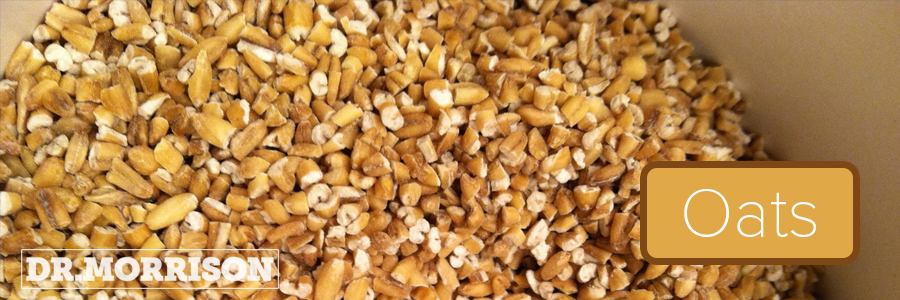
One cooked cup of oatmeal has 6.08 grams of protein and is a great source of fiber. Oats taste great with almond milk, topped off with walnuts and a little stevia or xylitol to sweeten.
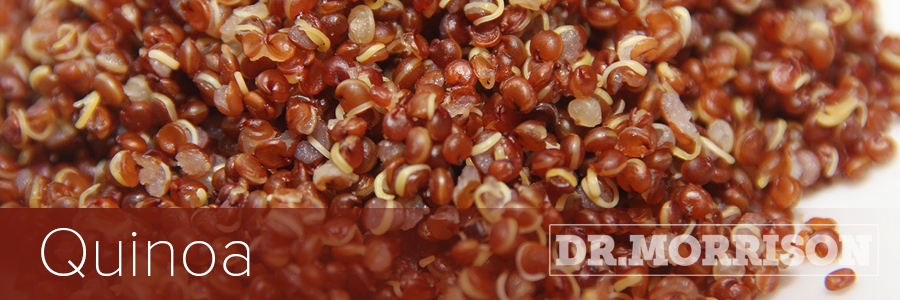
This delicious ancient grain has a very high protein content and is gluten free. 1/4 cup of dried quinoa has 6 grams of protein. Quinoa is great as a side dish or when added to an assortment of cooked vegetables in coconut oil.
Dairy Free Vegan alternatives to milk:
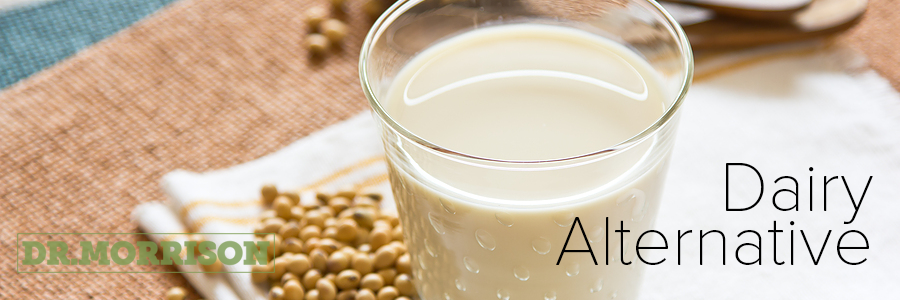
Almond/hazelnut milk, rice milk, hemp milk, oat milk and coconut milk all contain protein! All of these alternatives are delicious when added into a smoothie or hot/cold cereal of your choice.
Protein Powder Options:
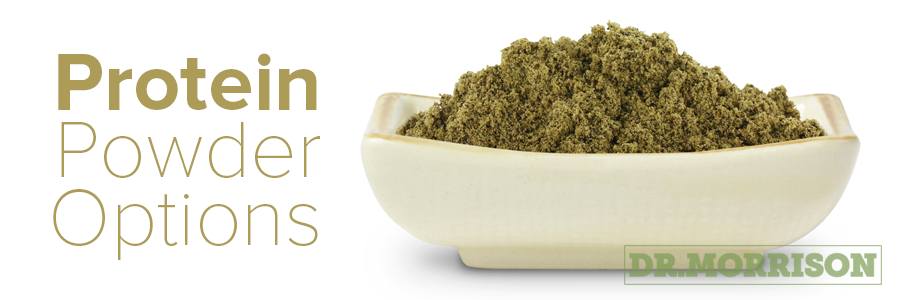
In addition to plant-based foods, there are other ways for Vegans to add additional protein to their diet. Daily Benefit® Protein and Sun Warrior protein are brown rice protein powders that contain 16g of protein per serving. To view other protein powder supplement brands check out www.veganproteins.com.
Please consider working with your nutrition focused healthcare provider or Holistic Health Coach to individualize a program specifically for you. For additional resources check out The Vegetarian Resource Group.